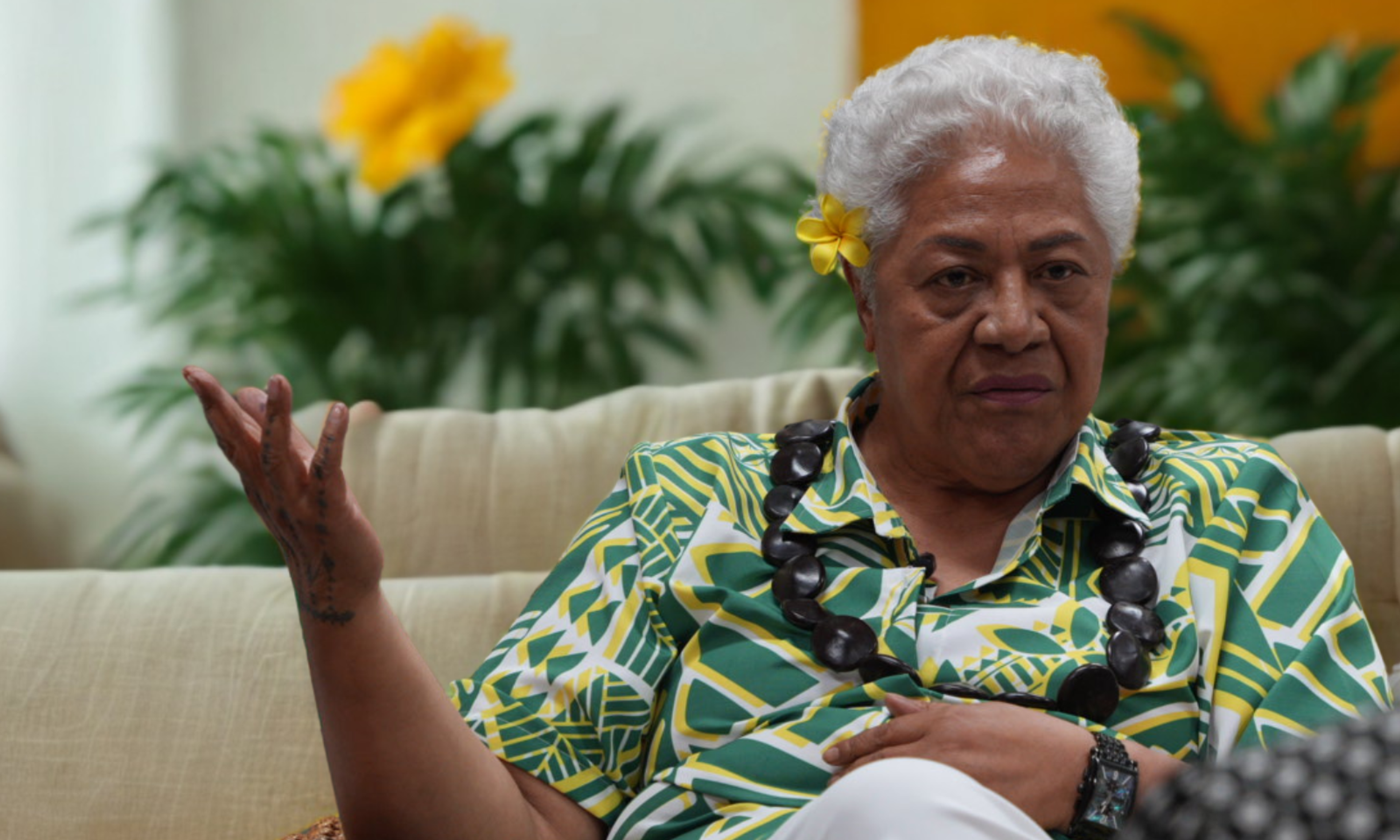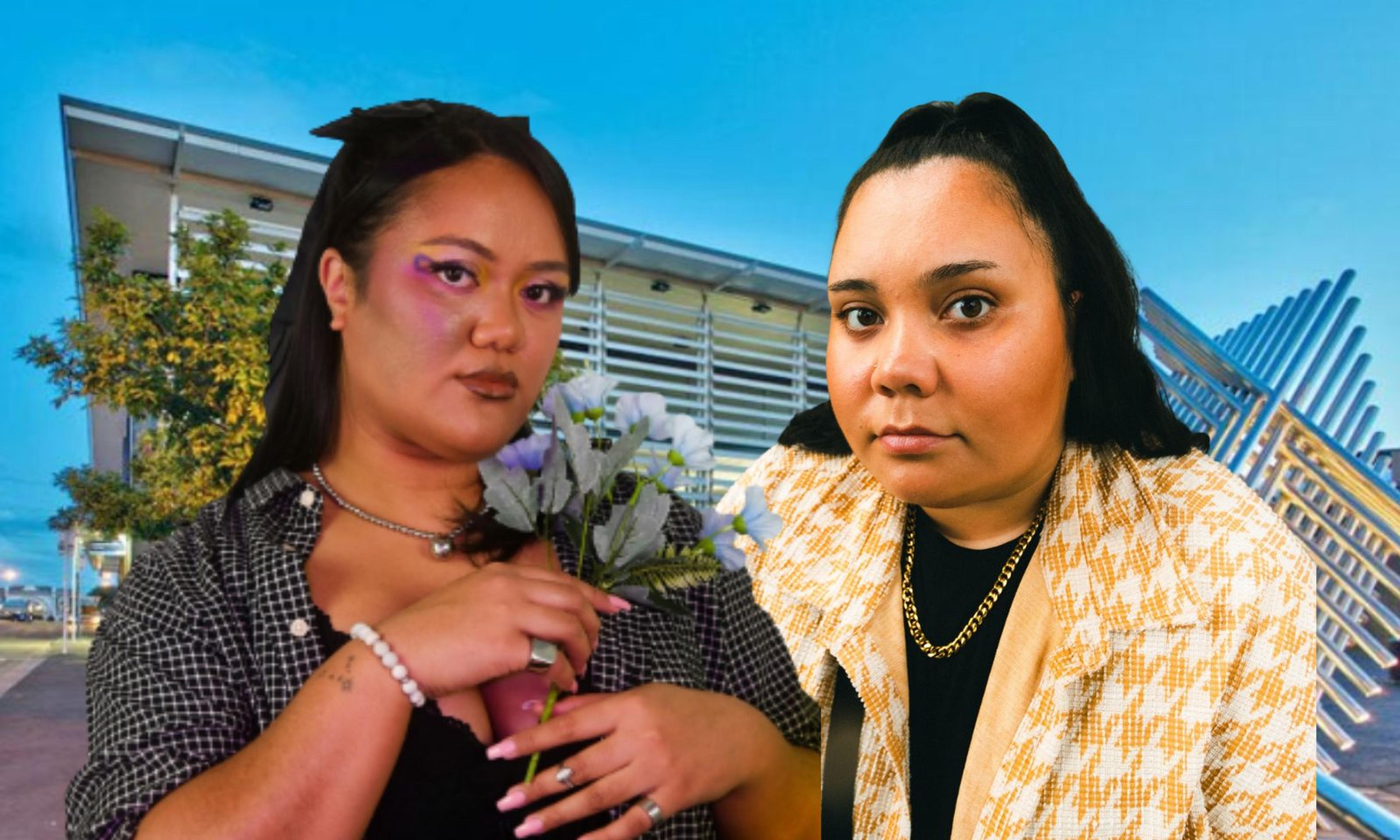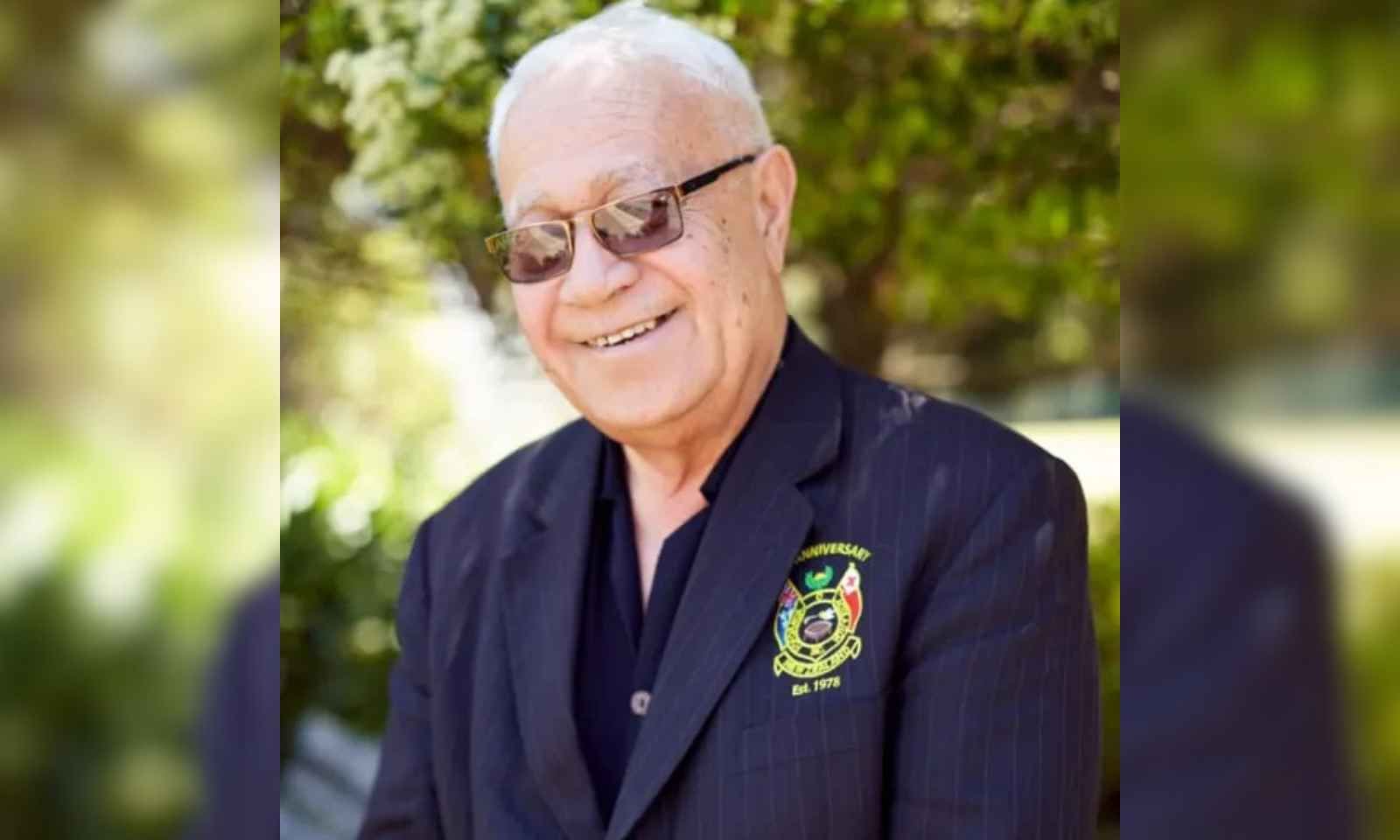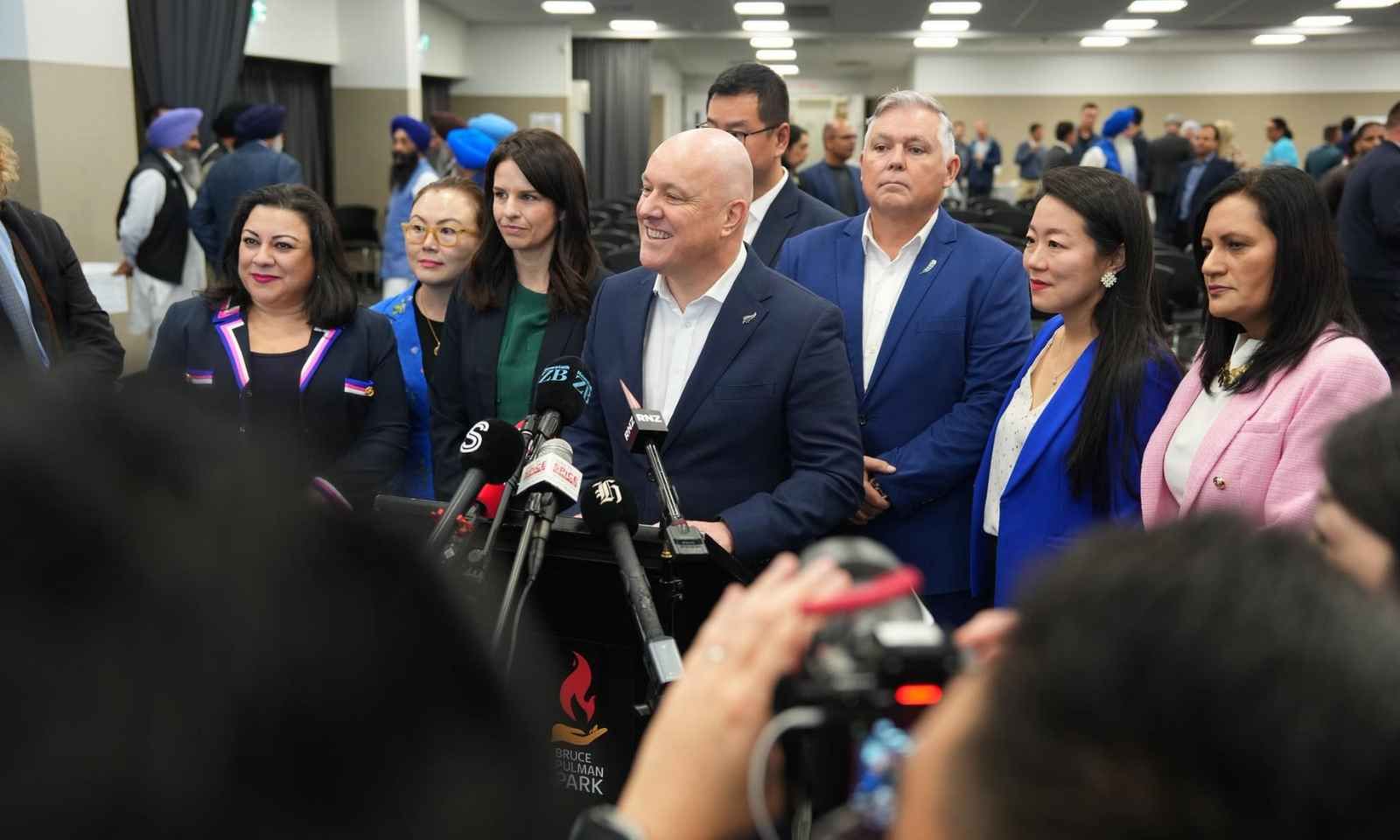

Applicants may apply for a second visa, enabling a total stay of up to 10 years, provided they continue to meet all eligibility requirements.
Photo/Supplied
Parent Boost visa out of reach for most Pacific families, says lawyer
Nalesoni Tupou says the new visa may help wealthy migrants reunite with family, but its strict financial and insurance rules exclude many Pacific whānau.



When libraries become creative hubs for young Pasifika to tell stories


Breaking down comedy barriers: Pacific women stand and take the mic


Principle over politics: Fiamē's vision put to the test in general election

When libraries become creative hubs for young Pasifika to tell stories


Breaking down comedy barriers: Pacific women stand and take the mic
A prominent Tongan lawyer has criticised the new visa aimed at boosting family reunification, saying that it is mainly out of reach for many Pacific families.
Prime Minister Christopher Luxon and Immigration Minister Erica Stanford recently announced the ‘Parent Boost ‘ visa, which allows parents of New Zealand citizens and residents to have multi-entry access for up to five years.
Speaking to PMN News, Auckland barrister Nalesoni Tupou says the financial and insurance requirements severely limit its benefits for most Pacific families.
“This policy is focused on the upper level of the economy to allow parents to be here, not in the lower level of the socioeconomic people, because of the limit or the minimum required income by the sponsor in New Zealand to allow their parents to be here.
“Not many Pacific Islanders will have that minimum level of income.”
To qualify, applicants must have at least one year of health insurance covering $250,000 for emergency care, $100,000 for cancer treatment, and costs associated with repatriation and the return of remains.
This insurance must be maintained for the entire duration of their stay in New Zealand.
They must also meet financial requirements: the sponsor must earn the median wage ($33.56/hr), the parent must earn at least $32,611.28, or they must have personal funds of $160,000 (single) or $250,000 (couple).
Tupou says that the thresholds make the visa unobtainable for many Pacific Islanders, who often live in lower socioeconomic brackets.

Tongan lawyer, Nalesoni Tupou. Photo/Supplied
According to Infometrics, a leading New Zealand economic consultancy, the mean annual earnings for ‘Pacific Peoples’ in 2024 were $68,065, over $10,000 less than the national average.
“It does inhibit the parents coming from the islands because of the economic level that is required,” it states.
“Not many island parents have that equal amount of income to bring in their parents, let alone afford to pay for insurance for them to be here also.”
Tupou compares this policy with previous immigration pathways that allowed broader family reunification for Pacific migrants.

Immigration Minister Erica Stanford and Prime Minister Christopher Luxon made the announcement on Sunday in Takanini. Photo/Erica Stanford Facebook
He explains that earlier pathways were restricted about 15 years ago due to concerns about parent migration from countries like China and India.
“The foreign policy of New Zealand has always been on trade policy,” he says.
“The country where they have good trades with is they have a favourable position for their foreign policies of New Zealand and Australia, and there's not much support foreign policy trading from the Pacific coming to New Zealand.”
When asked about the possibility of visa-free travel for Pacific nationals, Tupou expresses scepticism based on past experiences.
Watch Will's Word on the 'Parent Boost' visa announcement.
He recalls a temporary visa-free status trial for Fijians, Sāmoans, and Tongans in late 1986 and 1987, which the government quickly reversed after an unexpected increase in arrivals.
When asked what changes could make the ‘Parent Boost’ visa more accessible, Tupou says there’s little hope for improved Pacific inclusion in immigration policy.
“A lot of the political parties have said that they are very much supportive of Pacific Islanders,” he says. “An example being the Dawn Raids apology, nothing came out of that. Labour did nothing, National did nothing.
“I don't think there's any prospect of positive development for the Pacific Islanders.”